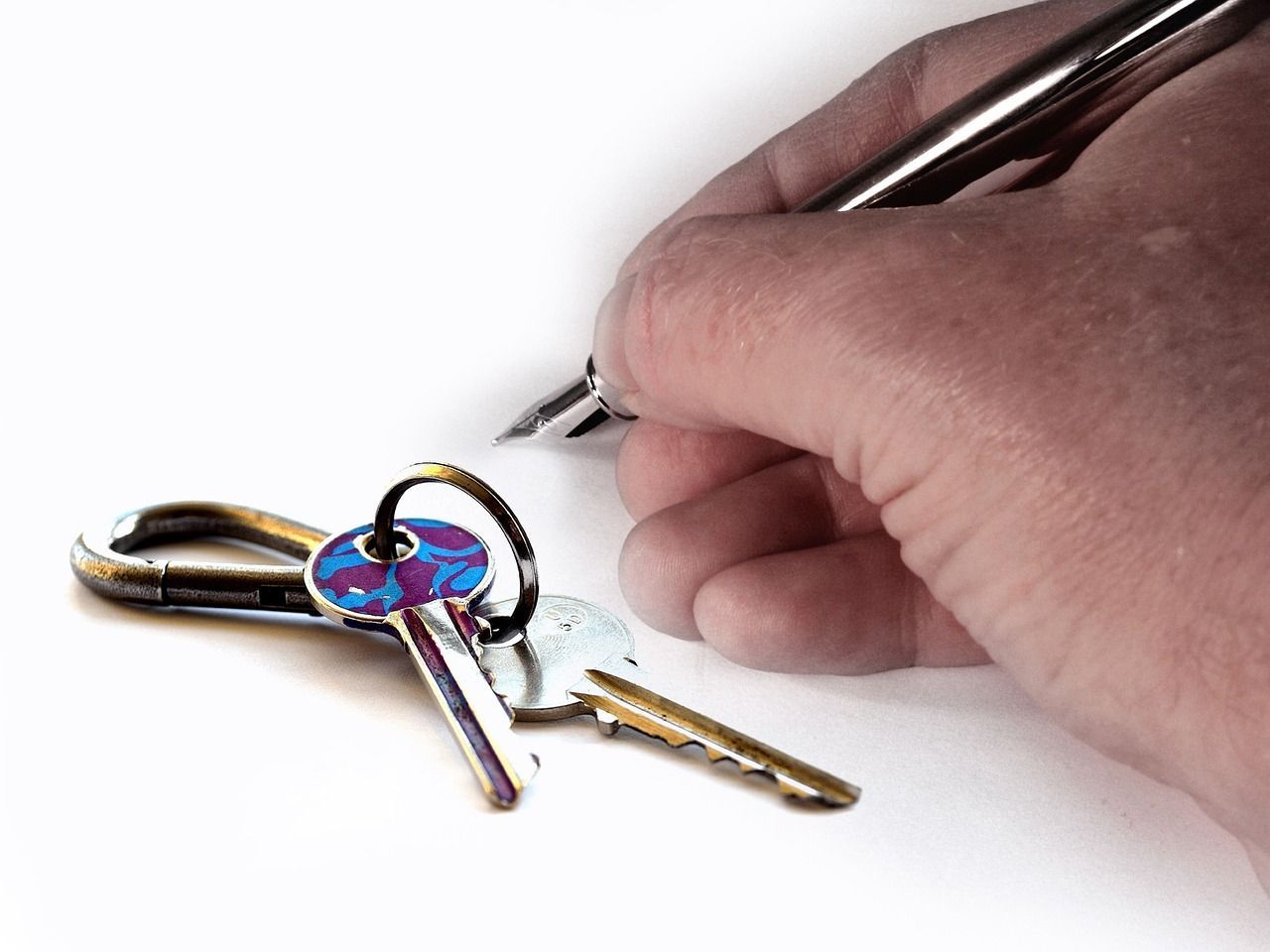

A rental lease agreement is a legally binding document that outlines the terms and conditions agreed by the property owner and a tenant. A well-drafted lease agreement helps prevent misunderstanding and disputes by providing clarity on the rights and obligations of both parties.
While creating a lease agreement and maintaining compliance with it, property owners should consider these crucial points:
Essential Elements in Your Lease Contract
Craft a comprehensive lease agreement that meticulously outlines terms and responsibilities. Ensure clear wording on rent, security deposits, maintenance, and responsibilities of the tenants. A well-defined lease sets clear expectations, minimizing disputes and fosters a harmonious landlord-tenant relationship.
Periodic Property Inspections
Regular property inspections serve as a proactive measure to uphold lease terms. They allow property owner to promptly identify any damages or violations. This proactive approach enables swift resolution and prevents issues from escalating while ensuring compliance with agreed-upon terms.
Structured Rent Collection Procedures
Clearly articulate payment schedules, due dates, and consequences for late payments in the lease agreement. Consistent enforcement of these policies can ensure timely payments. Use of technology to send automated reminders before due date and providing online payment options can ensure ease of payment for the tenants.
Fair and Consistent Enforcement
A hallmark of successful property management is impartial and consistent enforcement of lease provisions across all tenants. Avoiding selective treatment for violations ensures fairness and equity within your property management approach, maintaining trust and respect among all property occupants.
Clear and Timely Communication
Effective communication remains paramount in addressing concerns or infractions. Providing written notices detailing issues and corrective actions required and setting reasonable deadlines for compliance promotes a cooperative approach to problem-solving.
Defined Consequences for Breaches
Precisely articulating consequences for lease violations, covering scenarios related to property damage, unauthorized occupants, or other breaches, ensures a fair and uniform approach to enforcement.
Legal Counsel Assistance
Seeking legal guidance during disputes or uncertainties about specific terms is advisable. Legal professionals offer clarity and direction, helping property owners navigate complexities while adhering to the state and city laws.
Meticulous Record-Keeping
Maintaining well-organized records of communication, lease violations, notices, and actions taken is invaluable. These records provide a clear account of events and decisions in the case where legal action becomes necessary.
Adherence to Legal Protocols
Ensuring strict adherence to legal procedures and local landlord-tenant laws when enforcing lease provisions is imperative. Compliance with eviction laws safeguards both - landlord and tenant rights and helps avoid legal repercussions or lawsuits.
At Hunter Rentals & Sales, we offer comprehensive property management services. Our team swiftly addresses any violations in accordance with lease agreements, employing effective solutions to ensure landlord and tenant satisfaction.
To know more, visit
Hunter Rentals & Sales at 1503 W Stan Schlueter Loop, Killeen, TX 76549, United States, or call (254)634-3311.

